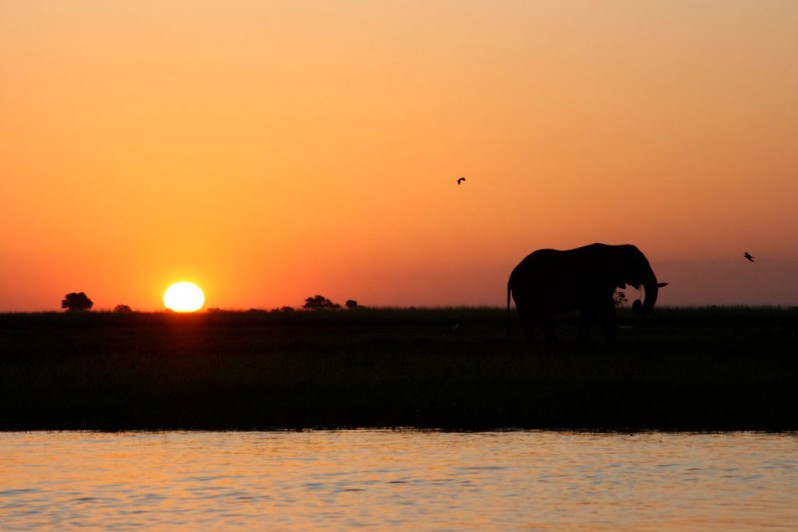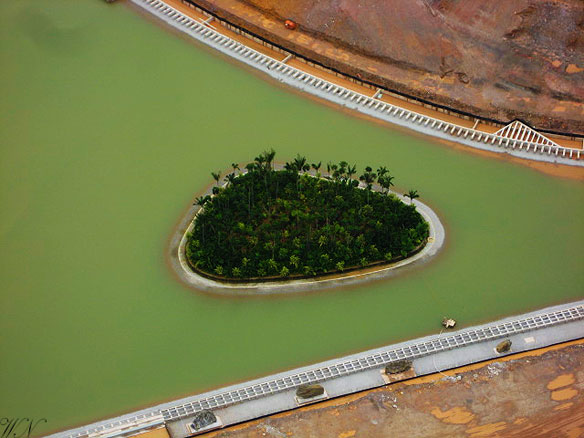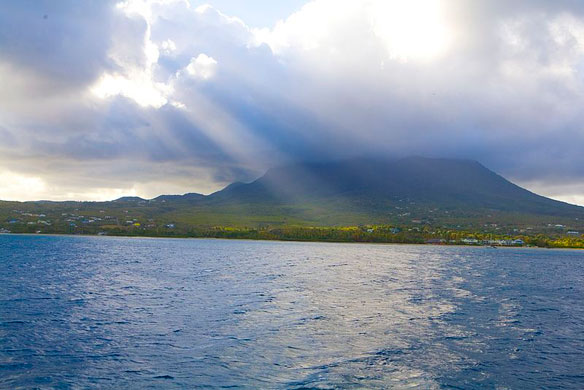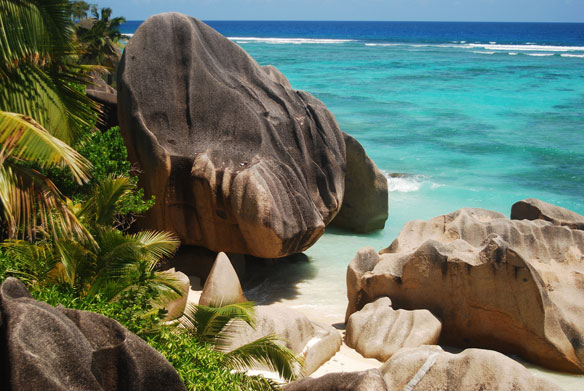Kenya To Generate Over Half Of Its Electricity Through Solar Power By 2016

Kenya has identified nine sites to build solar power plants that could provide more than half the country’s electricity by 2016.
Singapore Takes the Lead In Green Building in Asia

The phrase “green building” suggests basic universal characteristics, such as an attention to energy use and attempts to bring a building in tune with its environment. However, it is also a somewhat fluid concept…
Nevis Embarks on Geothermal Energy Journey

The tiny island of Nevis in the northern region of the Lesser Antilles is one of the few remaining unspoiled places in the Caribbean. It is now seeking to become the greenest, joining a growing list of Caribbean countries pursuing clean geothermal power.
Straw Could Supply Energy to Millions of Households

Straw from agriculture could play an important role in the future as renewable sources of energy. Up until now it has been underutilised as a biomass residue and waste material.
IPCC Climate Report: Human Impact Is Unequivocal

The world’s leading climate scientists, said there was no longer room for doubt that climate change was occurring, and the dominant cause has been human actions in pouring greenhouse gases into the atmosphere.
A New Climate Economy

The New Climate Economy project, bringing together some of the world’s foremost economic experts to examine how stronger economic performance can be supported by good climate policy.
Scotland Gives Green Light to Europe’s Largest Tidal Energy Project

The largest tidal energy project in Europe can get under way after permission was granted for the first stage in the Pentland Firth.
Britain Opens World’s Largest Offshore Wind Farm

The world’s largest offshore wind farm, which can generate enough electricity for half a million homes, was officially opened off Britain’s south-east coast on Thursday.
Sustainable Energy On Sinking Islands: United Arab Emirates Puts Wind Turbines In Seychelles

The project links a pair of strange bedfellows: One is an oil-rich Persian Gulf state of 8 million ruled by a dynastic monarchy, and the other is a democratically governed island nation of 86,000 where tropical beaches and hotels lure more than 200,000 well-heeled tourists every year.
